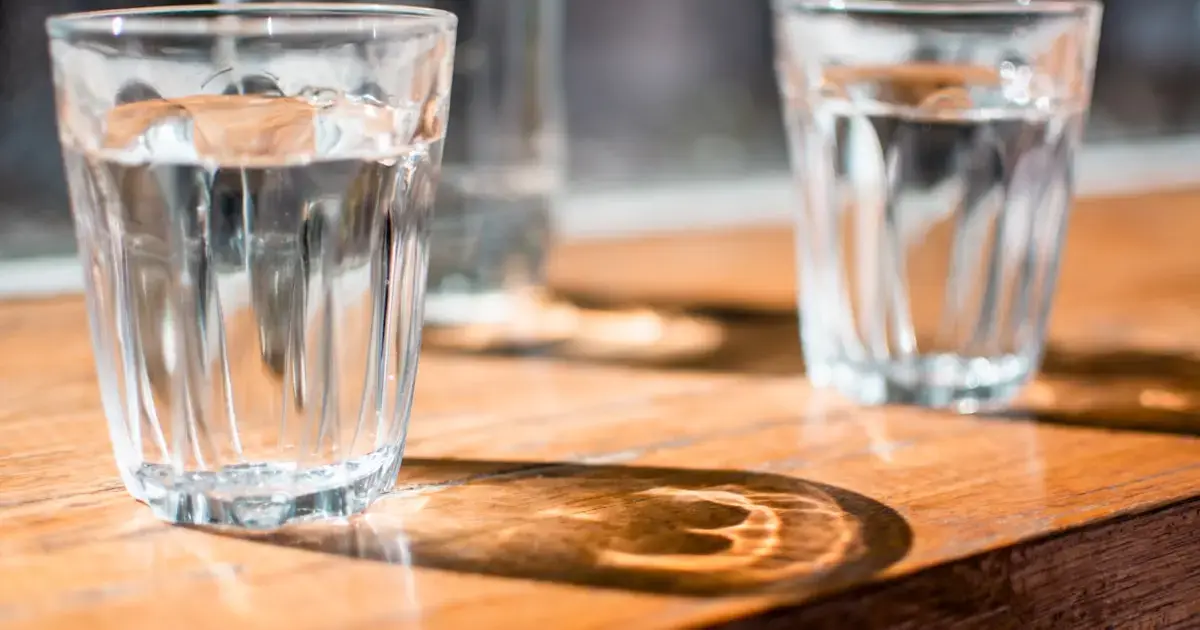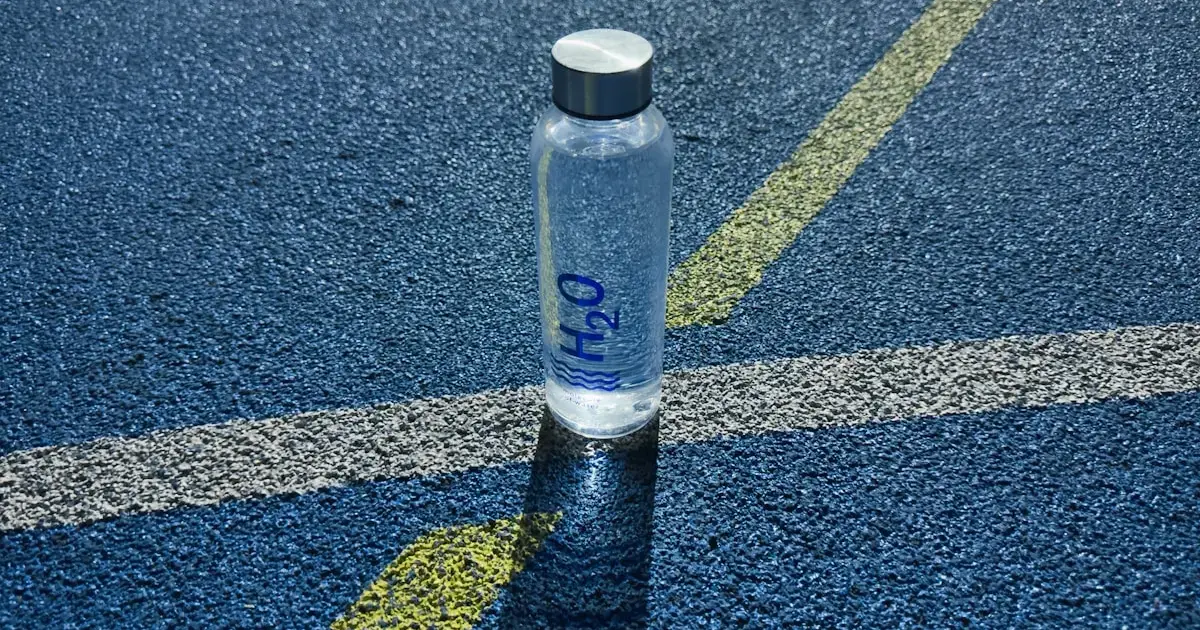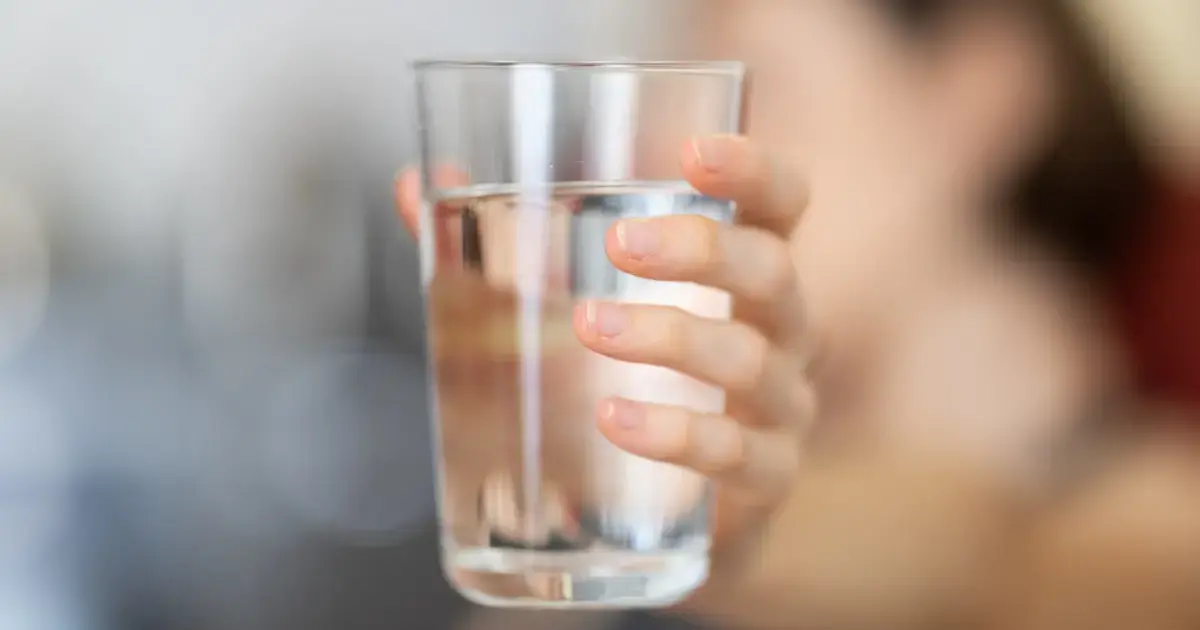 Experts point out that there is no universal norm for : it is an individual measure that should take into account metabolism, age, dietary habits, and other specific characteristics of a person. The generally recommended amount of 1.5 to 2 liters per day reflects the approximate quantity of fluids obtained from various foods. It’s not necessary to meticulously track this intake—just listen to your body. Opponents of excessive water consumption argue that you should only drink when you feel thirsty. So, what should you really rely on to avoid harming your health?
Experts point out that there is no universal norm for : it is an individual measure that should take into account metabolism, age, dietary habits, and other specific characteristics of a person. The generally recommended amount of 1.5 to 2 liters per day reflects the approximate quantity of fluids obtained from various foods. It’s not necessary to meticulously track this intake—just listen to your body. Opponents of excessive water consumption argue that you should only drink when you feel thirsty. So, what should you really rely on to avoid harming your health?
An Objective Guideline
Turkish nephrologist Serkan Yildiz considers excessive water intake harmful and labels the ingrained advice to drink as much as possible as scientifically unfounded. The kidney disease specialist recommends drinking only when thirsty: this is the primary indicator of water deficiency and the body’s response to an increase in sodium concentration in the blood (even by 1%). This is how nerve cells in the hypothalamus signal other systems about the lack of water. The pituitary gland releases specific hormones into the bloodstream to help the body conserve water. Another early sign of dehydration is dark urine, while clear urine indicates adequate hydration. The doctor notes that a healthy person will not experience water deficiency if they drink according to their thirst.
Water Intoxication
When water concentration increases, its absorption slows down, and excess is excreted through the kidneys. However, if you drink too much water, you can… become intoxicated, warns the expert. in medical terminology is referred to as hyponatremia or hyperhydration. This condition occurs when the sodium concentration in the blood serum decreases due to an excess of water relative to the dissolved substances. Symptoms and consequences of hyperhydration can include headaches, stupor, confusion, seizures, coma, and there have even been recorded cases of death. The Turkish doctor points out that to compensate for sodium deficiency, advocates of excessive drinking recommend consuming . However, the expert does not find this advisable.

Subtle Threats
Adding salt to the diet can have detrimental effects on the health of individuals with elevated , heart disease, and kidney issues, explains the nephrologist. The specialist considers such a “diet” an unnecessary burden and assures that the body actually gets enough water as it “requests.” To avoid stressing internal organs, water should not be consumed when there is no thirst, advises the nephrologist. Researchers from Harvard Medical School also confirm the dangers of excessive hydration: experiments have shown that drinking 300 ml of water every 30 minutes in an attempt to “cleanse the body of infection” has landed enthusiasts of uncontrolled drinking and athletes in the hospital with acute hyponatremia.
When Should You Drink More?
At the same time, doctors identify situations where increased fluid intake is justified: during intense physical exertion, when experiencing fever due to illness, or in , it is indeed recommended to drink more. Older adults should pay special attention to their water intake: in their bodies, the “thirst center” functions less effectively, so they are advised to drink somewhat more frequently than they feel like. This can help reduce signs of . And although researchers from Harvard Medical School indicate that drinking beyond the norm does not improve skin condition, dehydration does negatively affect it. Therefore, it’s sufficient to drink when the body needs it, quenching thirst as it arises.

Excessive Drinking and Weight Loss
Are those who believe that a large amount of water in the diet contributes to weight loss and cleanses the kidneys correct? Research in nutrition and exercise by American professor Brenda Davis from Virginia Tech has shown that drinking a glass of water before meals indeed helps with quicker weight loss. However, Barbara Rolls, a professor of intensive care at University College London, reminds us that water exits the stomach very quickly, which contradicts the idea of using it to feel full. Only , where liquid combines with food, might work. Experts link weight loss from drinking water to the fact that plain water replaces calorie-laden sugary drinks.
Clarifying Guidelines
The scientific community is also clarifying the well-known recommendation from dietitians to drink 1.5 to 2 liters of water throughout the day. This misconception arose from a misinterpretation of some outdated guides—specifically, the book by dietitians Frederick Stare and Margaret McWilliams, “Nutrition for Good Health.” In the popular 1974 publication, it was stated that an adult should consume 6 to 8 daily. In reality, the authors meant not just water, but fluids obtained from any sources—beverages, dishes, vegetables, and fruits. American scientists Barry Popkin, Kristen D’Anci, and Irwin Rosenberg note that any product containing water is suitable for replenishing fluid losses, and there is no single norm for how much water to drink each day.
Photo: Unsplash
